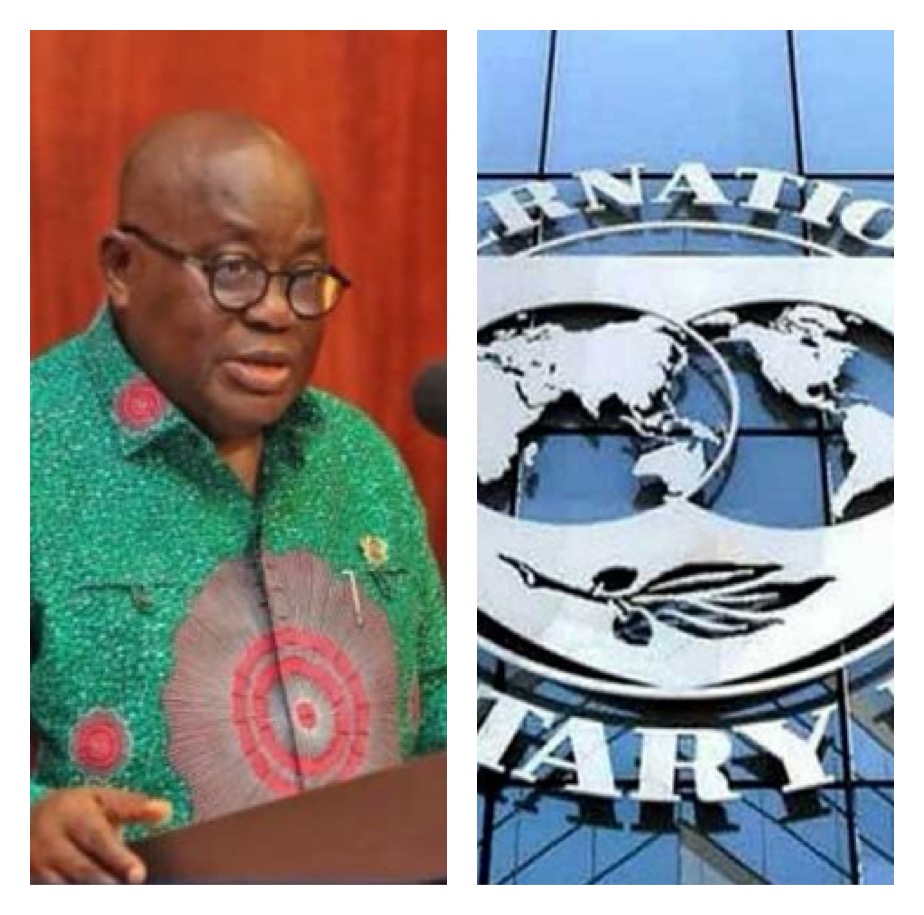Accusations have surfaced regarding Ghana’s staggering $6 billion loss in oil corporate taxes, with the blame placed on International Monetary Fund (IMF) conditionalities and perceived incentives aimed at attracting foreign investment. Detailed evidence has emerged, shedding light on the intricate web of policies contributing to this substantial financial setback.
The IMF’s Conditionalities:
Sources within the government claim that stringent conditions imposed by the IMF as part of financial assistance programs have played a pivotal role in compromising Ghana’s ability to collect the expected revenue from oil corporate taxes. These conditionalities, purportedly aimed at economic stability and fiscal discipline, have inadvertently created loopholes allowing multinational corporations to navigate tax obligations more favorably.
Incentives for Foreign Investment:
Government officials argue that Ghana’s eagerness to attract foreign investment in its burgeoning oil industry has led to the implementation of tax incentives that, while intended to stimulate economic growth, have resulted in substantial revenue losses. Tax breaks and reduced rates for foreign corporations operating in the oil sector have been identified as key contributors to the $6 billion deficit in corporate tax revenue.
Vivid Evidence:
Documentation obtained from government records reveals specific instances where multinational oil corporations operating in Ghana have taken advantage of these incentives and tax arrangements, significantly reducing their financial contributions to the national treasury. Critics argue that the terms negotiated with foreign companies lack the necessary safeguards to ensure a fair share of profits remains within the country.
The Way Forward:
In response to the revelations, stakeholders are calling for a comprehensive review of IMF conditionalities and a reassessment of foreign investment incentives to strike a balance between economic growth and revenue generation. The government is under increasing pressure to renegotiate terms with multinational corporations, ensuring that Ghana’s interests are prioritized and that the nation receives its rightful share of oil corporate taxes.
As the debate intensifies, Ghana faces the challenge of navigating a complex landscape where economic stability, foreign investment, and revenue generation must be carefully balanced to secure the nation’s financial future.
story filed by Nana Kwaku Duah





